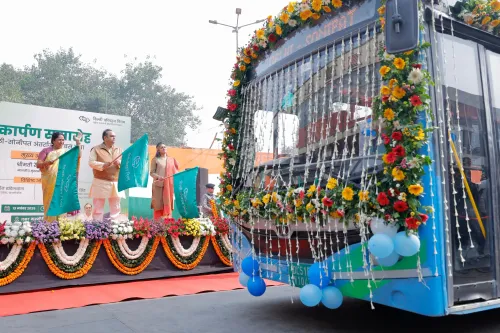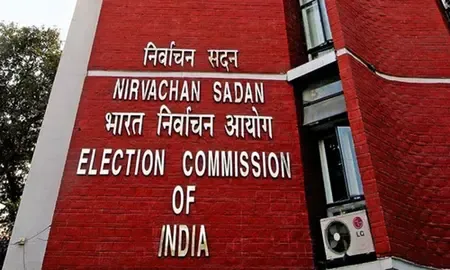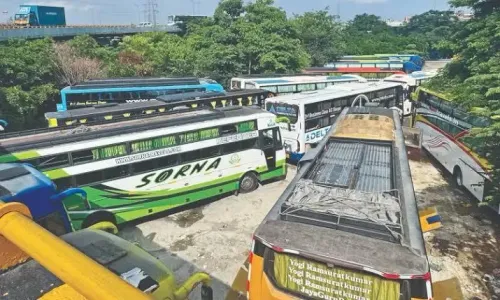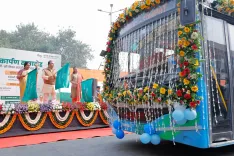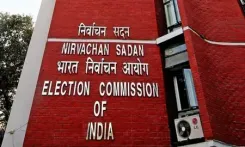Did ED Arrest Jaypee Group Chief Manoj Gaur in Money Laundering Case?
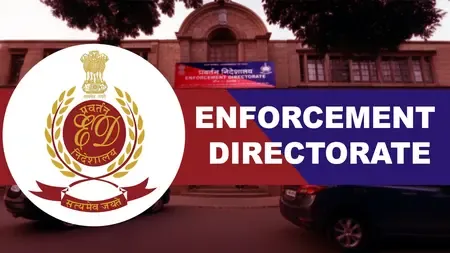
Synopsis
Key Takeaways
- Manoj Gaur was arrested in a high-profile money laundering case.
- Over 21,000 homebuyers were affected by the financial misconduct.
- The Enforcement Directorate seized significant cash and documents during their investigation.
- The Supreme Court played a crucial role in protecting consumer interests.
- A resolution plan has been approved to address unfinished projects.
New Delhi, Nov 13 (NationPress) The Enforcement Directorate (ED) has taken into custody Manoj Gaur, the Managing Director of Jaypee Infratech Limited, in connection with a money laundering case involving the alleged misappropriation of funds paid by homebuyers for flat construction, as reported by sources on Thursday.
In May, the ED conducted searches at 15 locations associated with Gaur's leading real estate firms - Jaypee Infratech Ltd. and Jayprakash Associates Ltd., along with their affiliated entities.
During this operation, officials confiscated cash amounting to Rs 1.7 crore, as well as financial documents, digital files, and property records linked to the promoters, their relatives, and group companies.
The raids spanned across Delhi, Mumbai, Noida, and Ghaziabad as part of a continuing investigation under the Prevention of Money Laundering Act (PMLA).
The case initially gained traction when IDBI Bank lodged a complaint against Jaypee Infratech Limited (JIL) at the National Company Law Tribunal (NCLT) in Allahabad, following JIL's default on a payment exceeding Rs 526 crore. Consequently, the NCLT commenced the insolvency process on August 9, 2017.
This insolvency case drew national attention as over 21,000 homebuyers who had invested in JIL's projects were left stranded due to the diversion of funds from construction projects, particularly in Wish Town, Noida.
The Supreme Court intervened to safeguard their interests, ultimately resulting in an amendment to the IBC that recognized homebuyers as financial creditors, granting them a vote during the resolution process.
The proceedings were marked by extensive legal battles, including disputes over transactions wherein JIL's assets were mortgaged to secure debts of its parent company, Jaiprakash Associates Limited (JAL).
After several bidding rounds, the National Company Law Appellate Tribunal (NCLAT) endorsed a resolution plan from the Suraksha Group in May 2024. This plan stipulated that Suraksha would complete unfinished projects and provide enhanced compensation to farmers in accordance with land acquisition terms.

